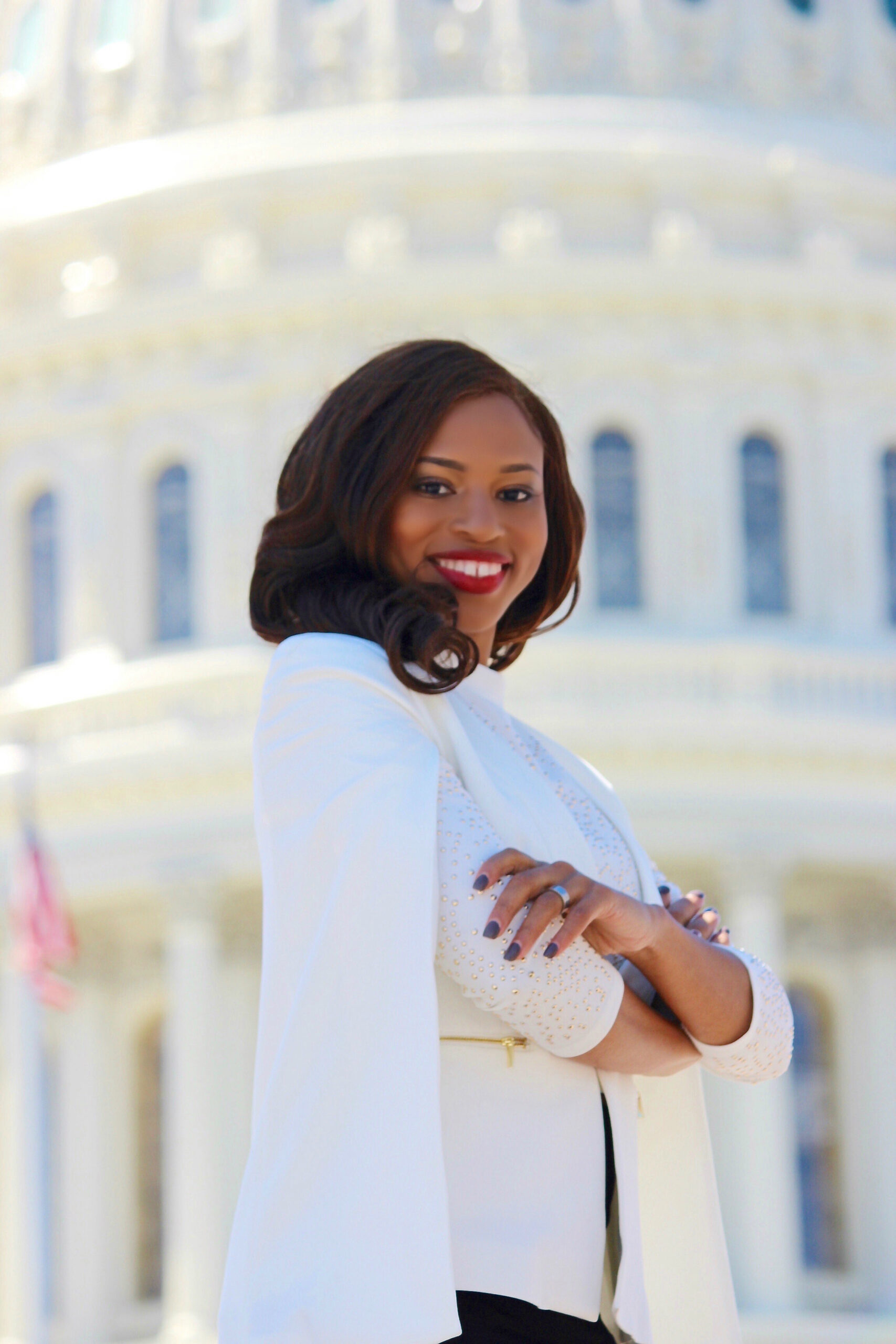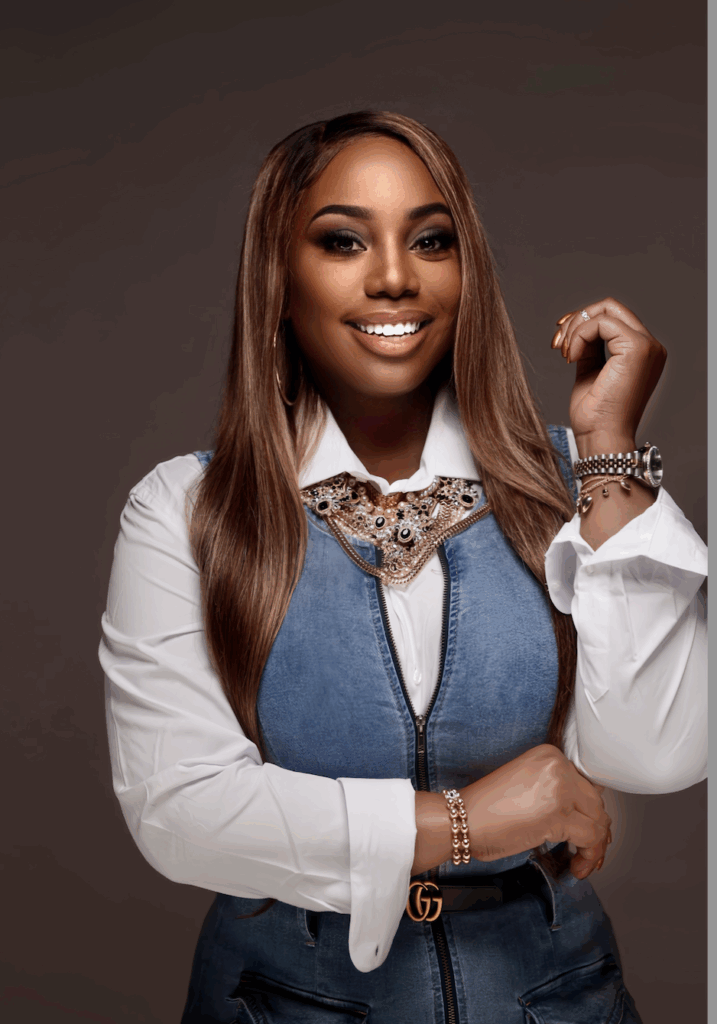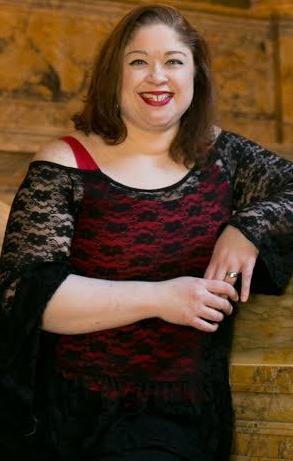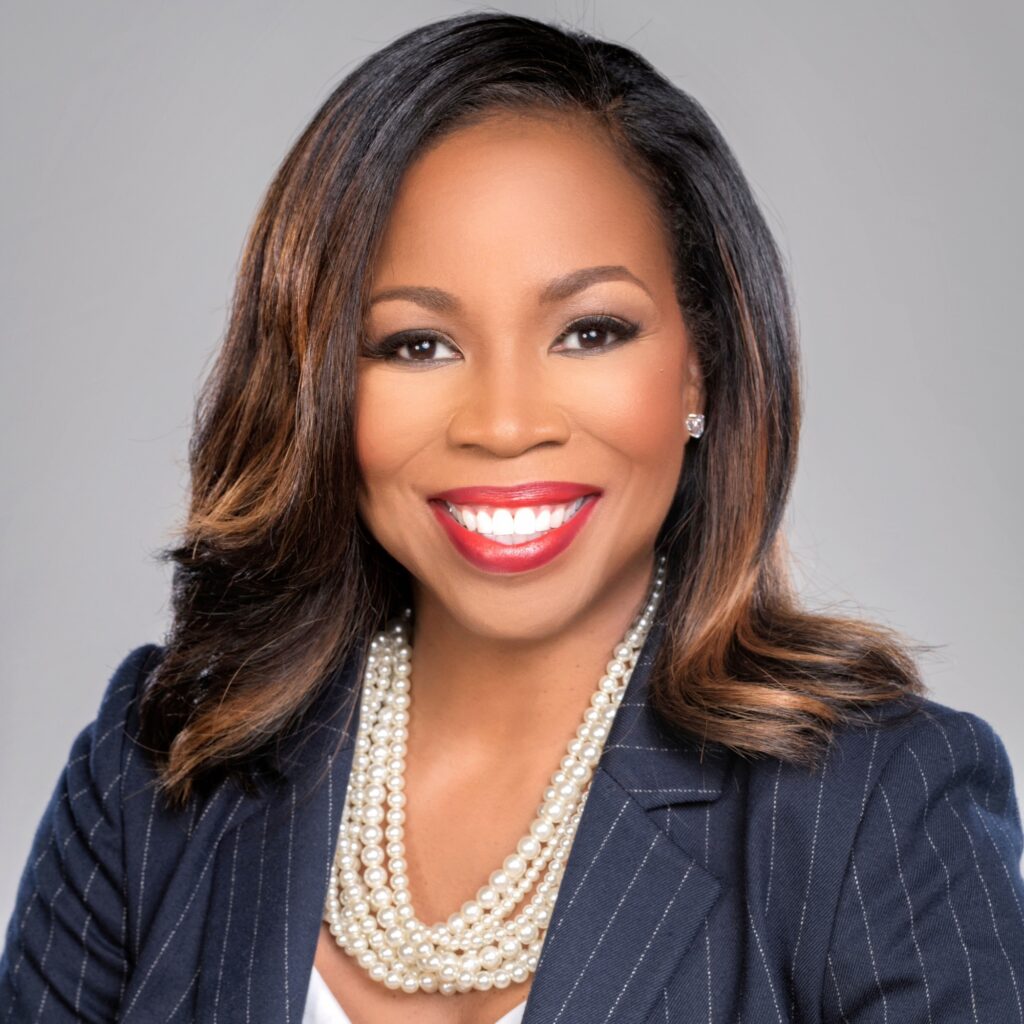We already know that the criminal justice system needs to change. We need people who are aware of the changes that need to be made but willing to act. Unfortunately, it does not happen overnight, and we still have a long way to go. We have to start somewhere.
Shaniqua Butler, also known as Shanik, is young, black, educated, and ready to act. Butler is originally from Greenville, SC. Plus, we already know that those G.R.I.T.S. Hit differently. Girls Raised in the South.
.
Butler also has the hustle gene. She worked two jobs— full-time at the law firm and part-time at Rugged Warehouse as a Retail Associate— to save up money for law school. Butler did not let rejection stop her or deter her from her ultimate goal. Initially, denied at over 10+ schools. Only getting accepted at two and waitlisted at two schools out of the 14 schools. In Fall 2014, Butler attended her first year of law school at Charleston School of Law. After the first year, she transferred to American University Washington College of Law in D.C. where she graduated with honor, cum laude, in 2017.
Earlier this year, Butler shared her testimony on social media and it immediately caught my attention. Her story was about stepping out on faith and believing in yourself. It was inspiring to hear after all the pushback she received and the small failures she had to go through; she kept her faith and was able to reach her goal. Within that same post, she announced that she accepted the position of Assistant United States Attorney at the U.S. Attorney’s Office. For those of you who have no clue what that means. The U.S. Attorney’s Office is the chief prosecutor for the United States in criminal cases and represents the United States in civil cases as either the defendant or plaintiff, as appropriate. The U.S. Attorney for the District of Columbia has the additional responsibility of representing the District of Columbia in the Superior Court of the District of Columbia, the equivalent of a municipal court for the national capital.
Due to the tragic murder of her uncle at the age of 10, Shaniqua was introduced to the justice system early. Her family did not go through the trial but attended multiple hearings. Ultimately the defendant pleaded guilty. They attended the Plea Hearing and Sentencing. She did not attend the court since she was ten at the time. Butler reflects on what her family had to go through.
“I saw the effects of my uncle’s murder on myself and my family. There were no more Sunday dinners and no more huge Christmas celebrations like the years before his death. As for myself, I was very close to my uncle because he was like a father to me. He made me feel special. He was so kind and thoughtful. I was a ten-year-old girl who looked forward to the early Saturday mornings. My uncle would be reading the newspaper and once I awoke, I would sit in his lap. No matter what section of the paper he was reading, he would stop and read the comic section to me as we drank our hot chocolate and coffee. That was something we did just about every Saturday. Or nights where I cannot fall asleep, so I run to his room, and he tucks me in, and we fall asleep watching I Love Lucy! I looked forward to those small but meaningful moments. So once my uncle died, I found it hard to cope with his death. It took years for me to be able to talk about his death without becoming depressed and crying for days”.
Having a support system can make a world of difference when you are trying to reach your goals. Butler let us know how having a support system was a crucial factor in her journey.
“I can not even begin to name all of the people God has sent to help me throughout my journey! Many people have played an important factor. It was prayer, words of encouragement, mentorship, helping financially, writing a letter of recommendation, or believing in me when I doubted myself. There were so many ways in which the people God placed in my life, in those different seasons of my journey, helped me get to where I am today. I do not want to name any names because there are various people, but it truly takes a village!”
Being a black woman in this field is no easy feat. Black women prosecutors face racial barriers and misogynist behavior within the field. In February, Teen Vogue highlighted some of the top black women prosecutors across the nation.
“Today, only 5% of all U.S. lawyers are Black, a proportion that has barely changed in decades. Black women make up an even smaller percentage, at just 2.8%. A 2015 report from the Reflective Democracy Campaign found that the U.S. legal system does not represent minority groups equally: 95% of elected prosecutors are white, three in five states have no Black prosecutors, and 14 states have no elected prosecutors of color. And only 1% of the nation’s prosecutors are women of color.”
Butler lets us know her personal experience which also coincides with most black women who enter the field.
“Yes, we make up a small percentage. African Americans make up a small percentage in general! I have noticed that I am sometimes the only black person in the room. While in law school, I was the only black person in my legal writing course. I distinctly remember because after being denied at so many law schools I was dealing with self-confidence. I remember looking around the room and noticing that I was the only one. At my appellate clerkship, I clerked for the only Black judge; during my second year clerking, I was the only black law clerk. At my federal clerkship, there were only a handful of black law clerks— I mean probably just 5 of us out of maybe 50 or more law clerks.”
Kamala Harris faced criticism when it came to her record as a prosecutor during her presidential campaign. This continued after she was announced as Biden’s VP pick. Butler shares the main reasons why prosecutors get stuck with such a negative stigma, especially within the black community.
“Some people in the community do not understand the full role of the prosecutor. Also, there have been prosecutors who have not lived up to the ethical standards that are required of a prosecutor.”
Butler believes both of those factors played a part in the backlash that Vice President Harris received in her former role as a prosecutor. People looked at the number of convictions she had and how many black men went to prison when she was the District Attorney. However, Butler suggests that it is possible that people did not understand that she did not create those laws.
“Unfortunately, they had more of an impact on the black and brown community! The prosecutor is still responsible for upholding the laws as they are written at that time. As prosecutors, we do not write the law! We are responsible for upholding it whether we like the law or not. We took an oath.”
“A lot of people associate prosecutors as being a part of the “opps” or that the only role of the prosecutor is to put people in jail. There have been some prosecutors who have withheld evidence that they should have turned over to the defense; prosecutors who were in the job for the convictions and prosecutors who lied or were not ethical.”
None of what she just described is the true definition and role of a prosecutor.
“I would never choose to be in this profession if that were the case. First, the role of the prosecutor is to seek justice, not convictions. Justice is not served when an innocent person is convicted for a crime they did not commit. Some prosecutors understand that and want to ensure that never happens in a case they are responsible for handling. Good prosecutors are in this position because they want to help people, make a difference, and seek justice for those who have been harmed in some way. Ethical prosecutors are trying to ensure that justice is present and that everyone has a fair trial.”
Prosecutors work with the victims and victims’ family members while prosecuting the cases. On the other hand, sometimes justice is offering the alleged defendant a second chance—of course, depending on the crime. For instance, the teenager who is caught shoplifting clothes, but they are an “A” student in school. They began to associate themselves with the wrong crowd and they do not have a criminal record.
Some prosecutors believe people deserve a second chance. We are not here to “throw people in jail”. Butler wants her community to know that they are here to help make our community safer.
We can all agree that we need to educate more people about the role the prosecutor plays and why these roles are so crucial to the betterment of our community. Butler hopes that more prosecutor offices will create, if they have not already, programs to engage with the community to build that relationship with those in the community that they serve.
Her office is leading by example and has already created community programs for prosecutors in the office to participate in. This was another reason why she wanted to work with this particular office. Butler believes that we should start as early as possible in getting that education to the community.
“I wish more high schools would require students to take courses that would teach them these things. For instance, creating a “Street Law” course teaching high school students the basic understanding of the judicial system, the role of prosecutors, police, defense attorneys, and laws that they should be aware of.
Butler is a change maker. She is taking action to bring change within the legal system and bringing about change in the courtrooms. She is also doing her work within the community. She is expecting to launch her non-profit that aims to provide individuals, both adults, and students, in the community with tools that can help them succeed and achieve their dreams. It will offer scholarships, mentorship opportunities for students. Also, an annual event that focuses on introducing students to different professionals in different career fields to expose students to the vast career opportunities that are out there. She will also be launching her ministry by the end of this year. The ministry focuses on encouraging those in their waiting season because it can be difficult. Butler is a strong believer that if we continue to keep our faith in God, He will always deliver on His promises!
For others on their journey in the legal field, Butler gives us a piece of advice.
“Dream Big, Believe in yourself, and Don’t give up! I only shared a small part of my testimony but there is so much more to the story and it is all attributable to God!”
You can follow on her social media Instagram at @Shanik_Tyion and Facebook at Shanik Tyion
*********************
Disclaimer: Shaniqua is not appearing in her official capacity. Any views or opinions expressed are that of Shaniqua and not the views of the agency or department where she works.
Follow Us On Social Media!




